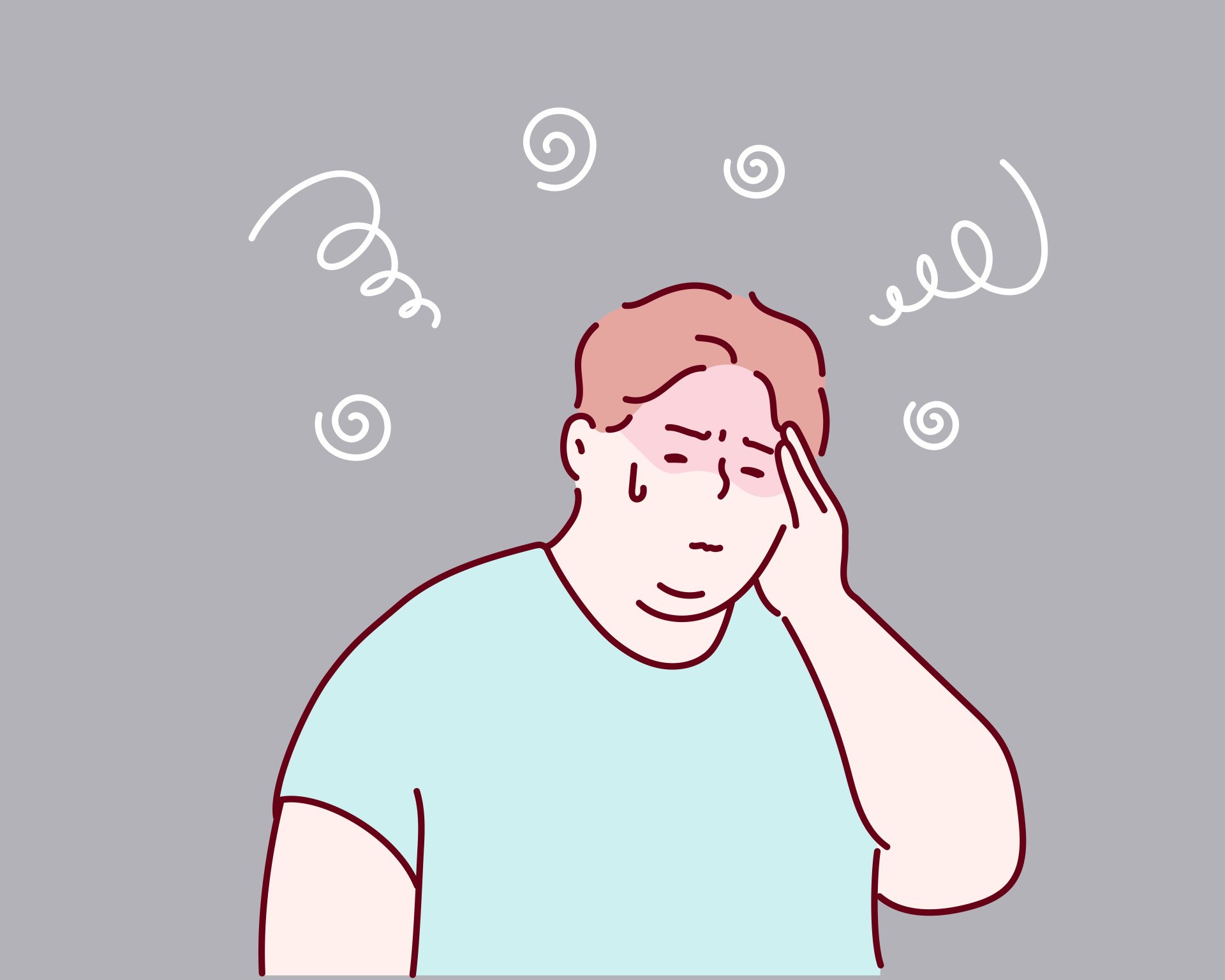
Imagine your job is entirely screen-based, often monotonous, and done in isolation.
This is the reality for thousands of U.S. online workers, often completing small tasks on platforms like Amazon Mechanical Turk or Prolific.
Their mental health struggles are so pronounced, researchers have dubbed their elevated rates of depression “the Turker blues”.
Sadly, the depression rate in this population is roughly double that of the U.S. general population.
Finding help is tough, as online workers face the same barriers as many others, including high costs and long waitlists for traditional therapy.
Low-intensity treatments (LITs)—like a digital self-help program—are a promising, scalable solution.
However, previous attempts using brief, single-session interventions (SSIs) had disappointingly failed to show a significant impact on depression in these online workers.
This left a major question mark over whether digital self-help could ever truly reach this vulnerable group.

Key Points
- A four-week, self-guided digital intervention called COMET-BA significantly reduced depression symptoms in adult online workers.
- Online workers, often referred to as “Turkers,” have depression rates about double that of the general U.S. population.
- The intervention, based on Behavioral Activation (BA), proved effective where previous brief, single-session online tools had failed in this population.
- The benefits in depression, anxiety, and well-being were maintained during the one-month follow-up period.
- This free, online, and self-guided treatment offers a highly scalable solution for a high-risk group that often lacks access to traditional therapy.
A Four-Week Digital Roadmap to Action
In a large, nationwide randomized controlled trial (RCT), researchers set out to test a more substantial but still brief digital program.
They enrolled 805 online workers who screened positive for depression and were interested in treatment.
These individuals were split into two groups: one received the new digital intervention, and the other was placed on a wait-list control (WLC).
The intervention, called COMET-BA (Common Elements Toolbox Behavioral Activation), is a four-week, self-guided online program.
It is rooted in Behavioral Activation (BA), a treatment approach that sees depression as a cycle of decreased positive activities and increased avoidance.
BA aims to break this cycle by encouraging patients to increase rewarding activities, regardless of how they currently feel.
The four weekly modules of COMET-BA were designed to give a greater “dose” of treatment than the ineffective SSIs.
It taught users how to schedule activities, identify and counter avoidance patterns, and align their actions with their personal values.
This approach may directly counter factors associated with the “Turker blues,” such as social isolation and sedentary lifestyle.
The Intervention Breaks the Depression Cycle
The COMET-BA program proved to be a significant step forward, successfully reducing depression symptoms compared to the WLC group.
Here is what the study found:
- Depression Relief: The intervention group showed significantly greater improvement in depression symptoms during the four-week treatment period, with a small-to-medium effect size.
- Wider Benefits: The gains were not limited to depression; participants also saw significant improvements in anxiety, subjective well-being, and a core treatment goal: behavioral activation (BA) itself.
- Lasting Change: Crucially, these positive changes were maintained during the one-month follow-up period after the treatment ended.
The first week of the study saw a large drop in symptoms for both the treatment and control groups, which is common in clinical trials and likely reflects a general regression to the mean or the simple act of starting a study.
The true treatment effect—where the COMET-BA group pulled ahead of the WLC—happened during the structured four-week intervention phase.
For the first time in a well-powered trial, a self-guided digital LIT has proven effective for depressed online workers.
While previous programs failed, the researchers speculate that COMET-BA’s four-week, repetitive structure—the simple act of providing multiple prompts to schedule activities—may be the key.
Why It Matters: Opening the Digital Door to Therapy
This research demonstrates that a brief, structured, and self-guided online program can be an effective way to address the growing public health problem of depression in online workers.
For the online worker community, this means a free, accessible resource is available right now to combat “the Turker blues”.
The simplicity of the program could encourage high-risk individuals to seek help when they might otherwise be deterred by the complexity or cost of traditional therapy.
For clinicians, the study provides strong, high-powered evidence that this self-guided format for Behavioral Activation works.
The next logical step is to deploy free, scalable tools like COMET-BA to people on existing, lengthy psychotherapy waitlists, offering them an immediate, evidence-based lifeline during a high-risk period.
The success of this free, brief digital intervention suggests a model for democratizing mental health care by bypassing the need for a trained provider.
Would you like to search for the publicly available COMET-BA intervention or look for other studies on online mental health treatments?
That’s an insightful question about implementing a new and successful intervention!
The Common Elements Toolbox – Behavioral Activation (COMET-BA) intervention is a free, self-guided online program.
Reference
Peipert, A., & Lorenzo-Luaces, L. (2025). Is there a treatment for the Turker blues? A fully remote nationwide randomized controlled trial of a digital intervention for depression in adult online workers. Journal of Consulting and Clinical Psychology, 93(11), 719–734. https://doi.org/10.1037/ccp0000982









